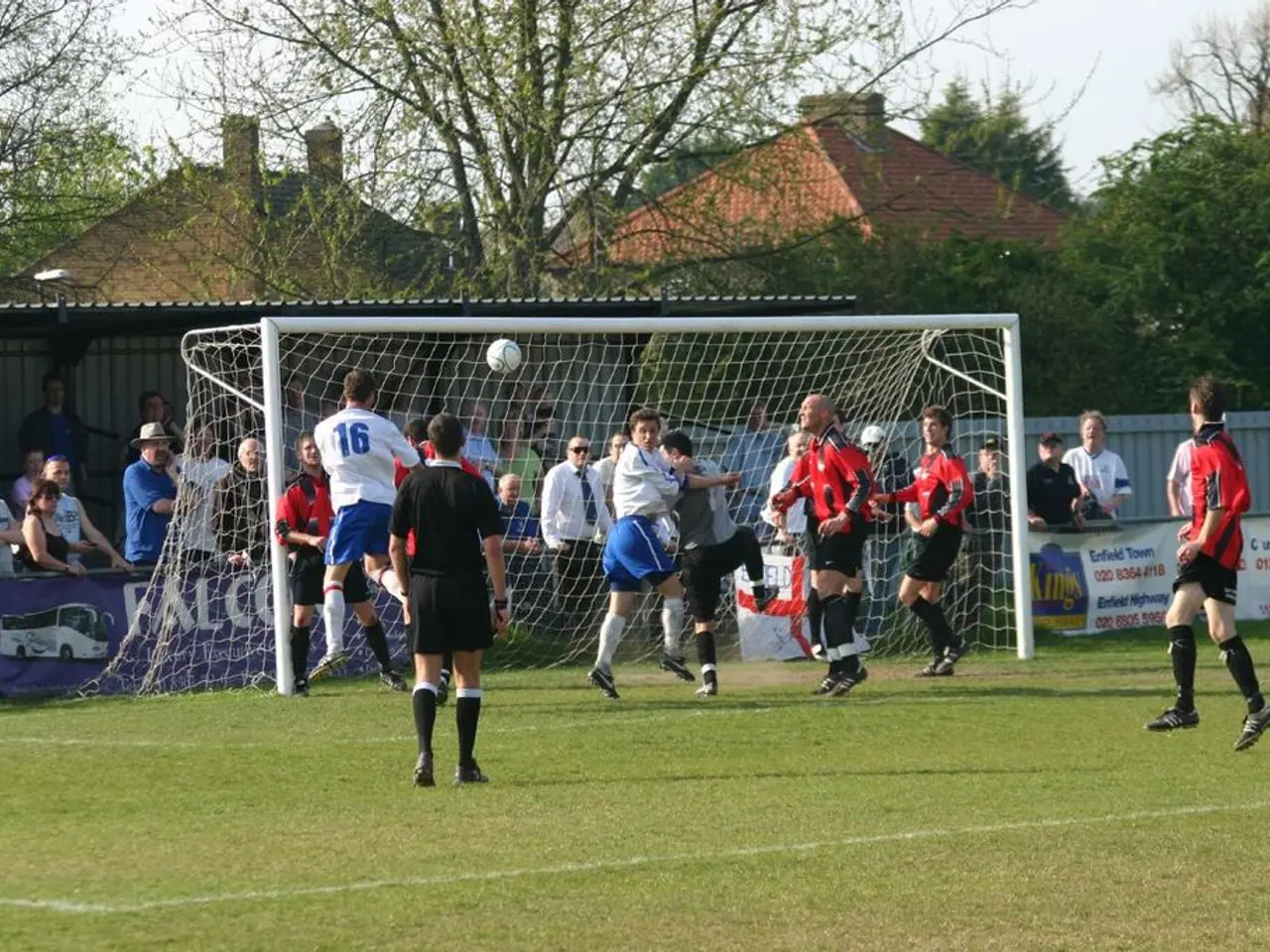Presidential reelection in El Salvador becomes indefinitely permissible
In a controversial move that has sparked widespread criticism, the parliament of El Salvador has approved changes to the constitution, extending the presidential term to six years and removing the limit to presidential re-election.
The incumbent President, Nayib Bukele, was re-elected in 2024 with a sweeping majority after the Supreme Court allowed him to bypass a constitutional ban on successive terms. With these changes, Bukele will now be able to run indefinitely.
The proposal for the constitutional changes was put forward by Ana Figueroa, a lawmaker from Bukele's New Ideas party. The changes were passed by 57 supporters, while three opposition members voted against them.
The opposition has reacted strongly and critically to the constitutional changes, expressing concern that they undermine democracy. Human rights organizations and opposition figures have highlighted the context of a concentrated power structure and recent state actions restricting civil liberties. The reforms were passed amid a wave of arrests targeting human rights defenders and government critics, with many journalists and activists forced into exile.
Opposition lawmaker Marcela Villatoro stated that democracy has died in El Salvador with the passage of the reforms. She also criticized the timing of the proposal, accusing it of being brought forward while the country is distracted by the summer holiday period.
The new rules also eliminate the second round of the election, a move that the opposition did not approve of. The opposition lawmakers voted against the constitutional changes, questioning the legitimacy of the reforms.
President Bukele, in contrast, rejects these criticisms, arguing that many developed countries allow indefinite re-election and that El Salvador’s small size and poverty lead to unfair condemnation.
The Legislative Assembly president, Ernesto Castro, a member of Bukele's New Ideas party, declared "thank you for making history, fellow deputies" after counting the votes. Bukele has held his position as the president since 2019.
This development comes as Bukele describes himself as the "cool dictator," a title that has raised eyebrows among critics. However, Bukele's supporters argue that his unconventional approach is necessary for the country's progress.
As the dust settles, the long-term implications of these constitutional changes remain to be seen. Critics fear that the reforms serve to solidify authoritarian control rather than reflect genuine democratic progress, while supporters argue that they are necessary for stability and growth in El Salvador.
[1] References: Human Rights Watch, The New York Times, and El Faro.
- The controversy surrounding the changes to El Salvador's constitution, which include extending the presidential term to six years and removing the limit on presidential re-election, has been a subject of discussion within the realm of policy-and-legislation, politics, and general news.
- The passage of these constitutional changes, criticized by opposition lawmakers and human rights organizations for undermining democracy, has sparked debates not only in El Salvador but also on a wider international stage, particularly in relation to democracy and civil liberties.






